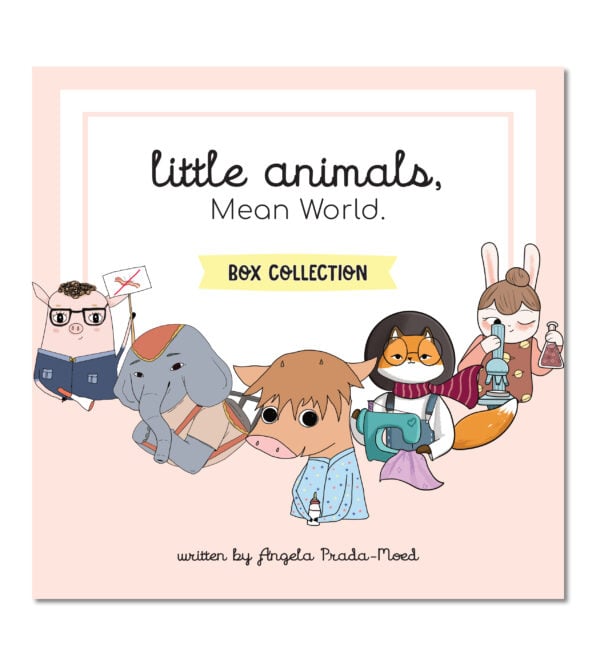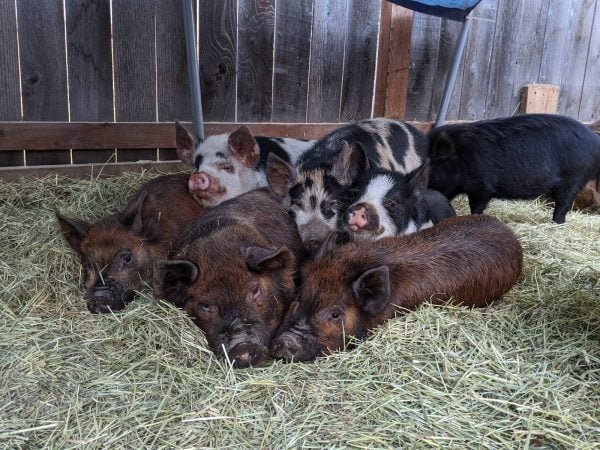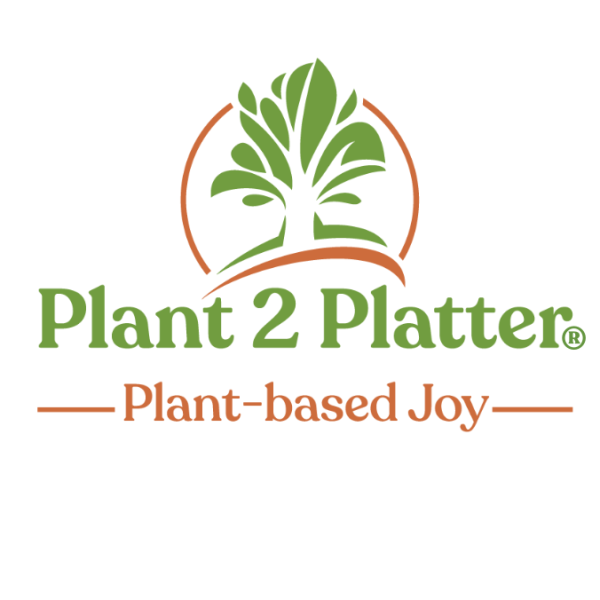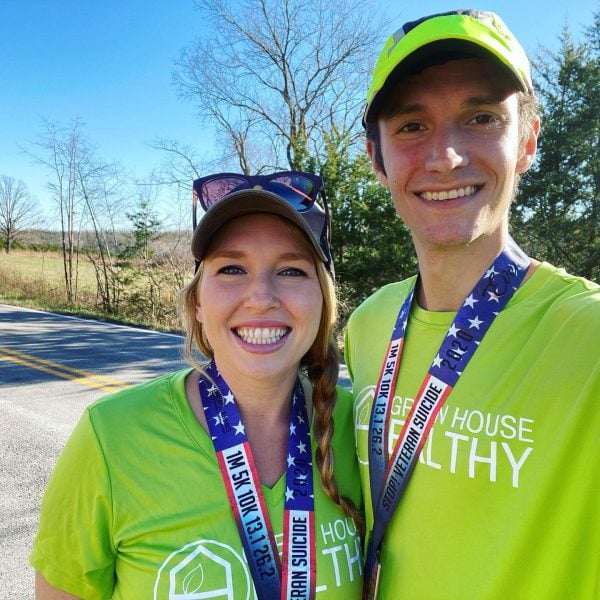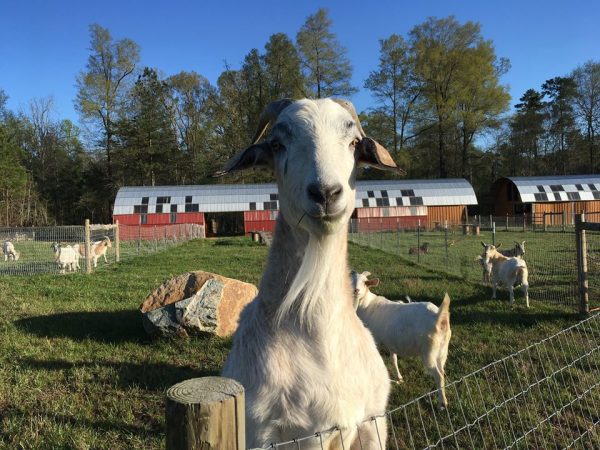In order to combat cancer, the European Parliament has urged the EU to encourage a plant-based diet and minimize meat consumption.
With 3.7 million new cases and 1.9 million deaths each year, cancer is Europe’s second leading cause of death, accounting for a quarter of all cancer cases worldwide although accounting for just an eighth of the world’s population.
The approach, according to Véronique Trillet-Lenoir of the Special Committee on Beating Cancer (BECA), is “historic, both in terms of its ambition and its objectives, and in terms of the resources, we will provide.”
“We will finally be able to fight effectively, together, against the health inequalities that persist within the European Union and respond to the needs of millions of Europeans affected by this disease,” Trillet-Lenoir stated.
A Fresh Approach
The new strategy focuses on preventative research on carcinogenic compounds, such as advocating a balanced, plant-based diet instead of meat, ultra-processed meals, and foods heavy in sugar, salt, and fat.
In Europe, meat and animal products are extremely important societally, with carcinogenic delicacies like salami and frankfurters deeply ingrained in the culture.
Dr. Joanna Swabe, senior director of public affairs at Humane Society International (HSI), commented on the strategy:
“It is heartening to see the European Parliament acknowledge the risk factors associated with animal products, as well as the protective benefits of eating a more plant-based diet.”
“There is mounting scientific evidence that the consumption of meat and dairy products can have a detrimental impact on human health. The World Health Organization (WHO) warns that processed meats are carcinogenic, that red meat probably increases your risk of bowel cancer, and that eating the equivalent of less than two slices of bacon a day increases your chance of colorectal cancer by 18 percent,” Swabe stated.
Cancer-Prevention
Processed meats (such as ham, bacon, and sausages) are classified by the World Health Organization as a Group 1 carcinogen, meaning they are known to cause cancer.
Despite the fact that colorectal cancer is one of Europe’s most frequent diseases and the leading cause of cancer mortality, scientists have discovered that a healthy diet can help prevent the disease, with diets high in fiber and legumes and low in animal protein and fat being protective.
A plant-based vegan diet also decreases cancer-causing growth hormones by 13% in women and 9% in men, according to research.
The new plan invites the European Commission and Member States to explore a standardized front-of-pack nutritional label to promote educated, healthy and sustainable choices.
The Research
The new EU plan also encourages more investment in non-animal biomedical testing to replace outdated animal testing, relying on developments in mathematical modeling, artificial intelligence, and digital technologies to get more trustworthy findings.
HSI’s Research & Toxicology Department’s director of research policy, Helder Constantino, said:
“HSI welcomes the Parliament’s emphasis on the importance of investing in new, non-animal research technologies, such as next-generation computing and miniature human organoids.”
“Non-animal methods for testing the cancer-causing potential of environmental chemicals should provide more human-relevant information than the old, slow, and unreliable rodent tests currently in use,” Constantino said.
Animal Testing in Europe
In 2017, almost one million animals in the European Union were subjected to medical tests. Because 95% of cancer treatments tested on animals are not authorized, many people believe animal research to be statistically pointless.
“Preclinical breast cancer research currently relies on animal models, mostly rodents. However, animal models mimic limited aspects of human breast cancer,” said the European Commission’s Joint Research Centre (JRC) in 2020.
A scientific study reveals that carcinogenicity testing, notably utilizing rats for studies, is not sufficient for human health hazard evaluations.
Source: “European Parliament Advocates Plant-Based Diet To Fight Cancer” by Plant Based News
SUBSCRIBE TO OUR NEWSLETTER
Vkind Vibes is our popular weekly newsletter where we share the latest news, tastiest recipes, and hottest trends impacting the VegEconomy. SUBSCRIBE NOW!
WANT MORE?
JOIN US AT VKX 2023! The Vkind Experience (VKX) is an immersive plant-based event celebrating travel, culture, and cuisine around the world as guests explore 11 experiential rooms while sampling an elevated fusion of world flavors.JOIN THE VKIND COMMUNITY Download the Vkind app on the App Store or Google Play to create your social profile and start sharing reviews of vegan businesses, watch original content, and explore the plant-based world with your friends!
JOIN THE VEGECONOMY Are you a vegan brand owner or professional? Add your listing to our business search platform to get more eyes on your vegan enterprise.
TAKE THE VEGECONOMY PLEDGE Take the VegEconomy Pledge to show support for sustainable business practices and make a commitment to Spend Like You Give A Damn.
WATCH & LEARN Subscribe to our YouTube channel for our latest shows, live events, interviews, videos, news, secret giveaways & more!
STREAM “PEELED”, THE ALL-VEGAN COOKING COMPETITION SHOW Produced by Vkind Studios in a limited 3-part web series, Peeled is the award-winning all-vegan cooking competition show that’s on a search to find “America’s Hottest Vegan Chef”.
FOLLOW & SHARE Our content is always entertaining, educational, and inclusive. Follow us everywhere on social media!
SHARE VEGAN RECIPES Share your delicious vegan recipes with the Vkind Community on our app and website.




